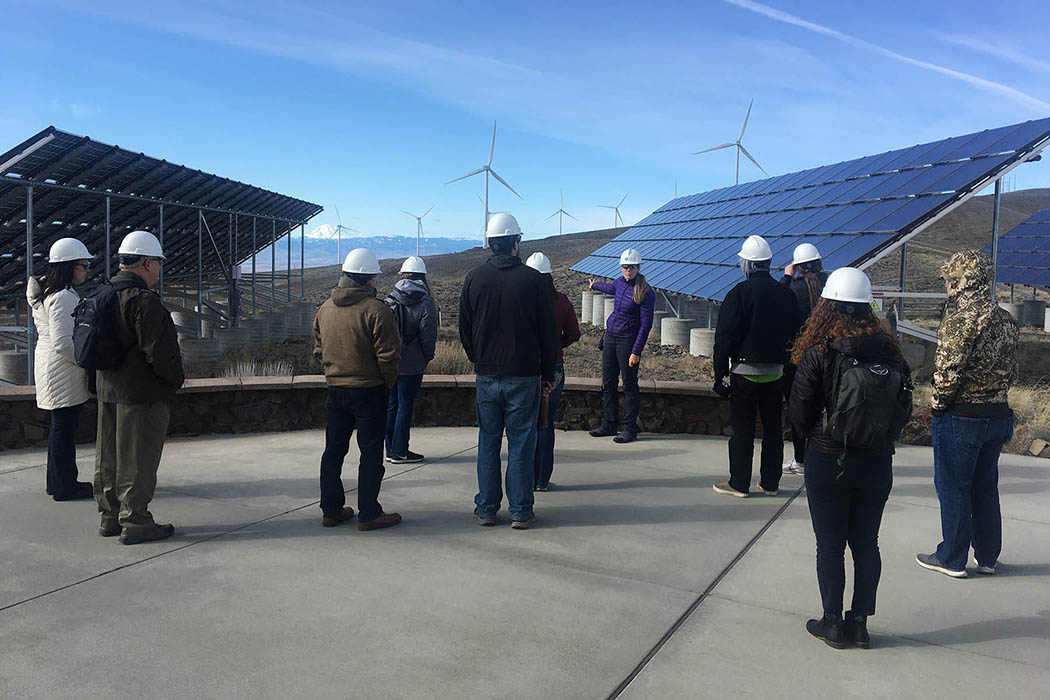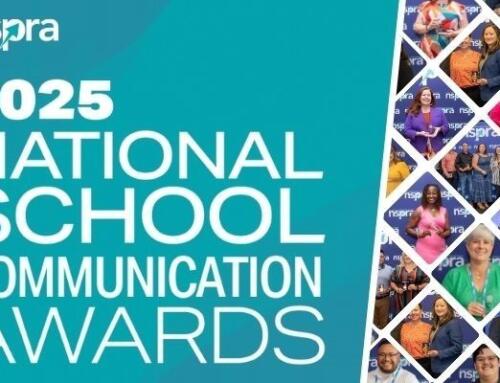The Washington state program ClimeTime, which is facilitated by the state’s nine Education Service Districts (ESDs) and community partners, was recently cited as a popular and effective model for educator education in climate science.
The Journal of Science Policy and Governance: Standardizing Climate Science in New York State, cited ClimeTime as a model to support climate literacy among educators. The publication stated CimeTime “has provided contextual and active learning experiences for their students, reinforcing science concepts in the context of local impacts of the climate crisis.”
Washington state is at the forefront of climate science education. In 2013, it became one of the first states to adopt the NGSS (Next Generation Science Standards). In 2018, Governor Inslee and the Office of the Superintendent of Public Instruction (OSPI) approved and distributed a statewide grant to implement not only science teacher training, but also the development of instructional materials, assessment tasks, evaluation strategies and facilitation of student events.
In addition, ClimeTime has quickly adapted to the current nationwide status of at-home learning. Educators are receiving professional development activities to help teachers incorporate climate science for their in-person and virtual classrooms.
Highlighting ClimeTime as a structural model reaffirms its leading role of climate science education as it paves the way for other states and international organizations to do the same.
The ClimeTime goal is to build capacity of science teachers in all regions to help youth understand climate science and promote a thriving and sustainable environment. To learn more about ClimeTime visit www.climetime.org.




 ESD 112 equalizes educational opportunities for learning communities through innovative partnerships, responsive leadership, and exceptional programs.
ESD 112 equalizes educational opportunities for learning communities through innovative partnerships, responsive leadership, and exceptional programs.